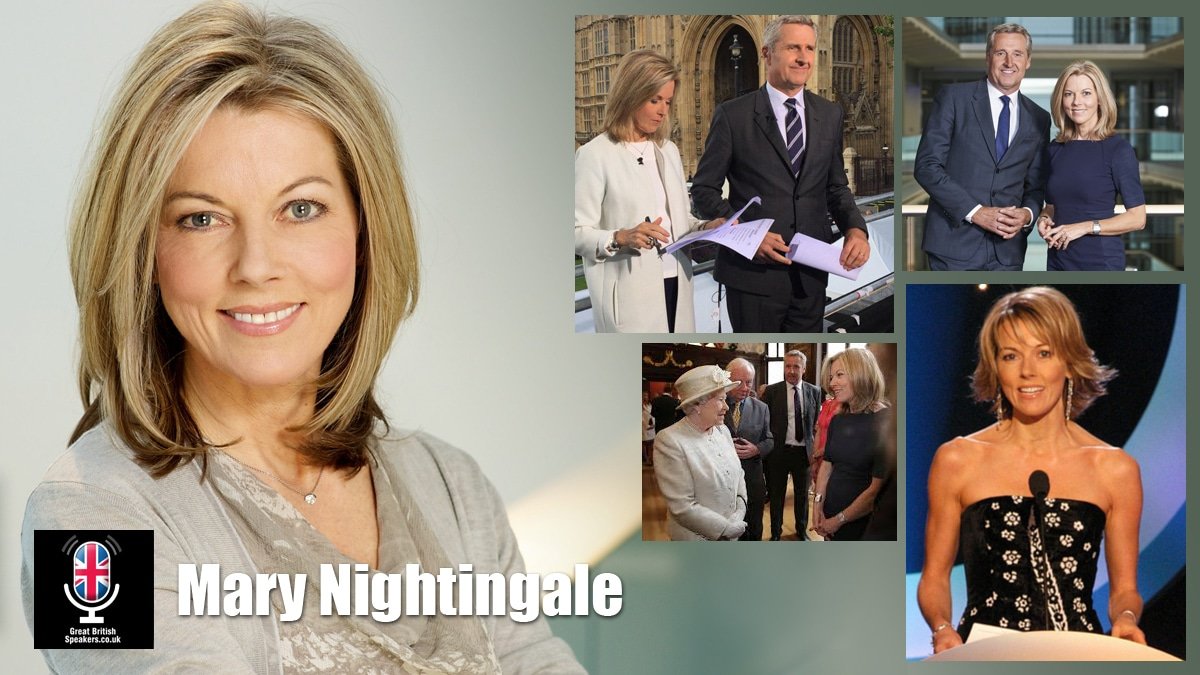The Truth Behind Mary Nightingale Voice Change What Really Happened?

When Fans Noticed Something Different About Mary Nightingale
Mary Nightingale Voice Change has been one of the most recognizable faces—and voices—on British television for over two decades. As the long-time presenter of ITV News at Six-Thirty, she’s known for her calm, professional delivery and her naturally clear, confident tone. But over the past few years, many viewers have taken to social media to ask the same question: What happened to Mary Nightingale’s voice?
Her once-crisp vocal tone seemed to change—becoming slightly huskier, deeper, or occasionally strained. Naturally, fans started to speculate about possible causes. Was it illness? Was it stress? Or was it just the natural process of aging? Whatever the reason, her voice change became a topic of discussion, showing how deeply audiences connect with presenters who have been part of their daily routines for years.
In this article, we’ll take a closer look at Mary Nightingale voice change, explore what might have caused it, and separate fact from fiction—all while appreciating the career of one of Britain’s most respected journalists.
Mary Nightingale: A Brief Look at Her Career and Legacy
Before diving into the details of her voice change, it’s worth remembering why Mary Nightingale Voice Change has earned such an enduring place in British broadcasting. Born in 1963, Mary began her journalism career in the 1990s, working across major networks including the BBC, Reuters, and ITV. Her poise and professionalism quickly made her a trusted news anchor—someone viewers turned to for clarity during breaking news moments.
Over the years, she’s presented major news events ranging from royal weddings to general elections. Her presence on ITV News at Six-Thirty has been a constant in a fast-changing media world. That consistency makes even a subtle change—like one in her voice—stand out sharply to longtime viewers.
Her calm, reassuring tone has long been part of her broadcasting “signature.” It’s not just what she says but how she says it that has built her connection with audiences. So, when people noticed her voice sounding slightly different, it naturally became a topic of curiosity and concern.
When the Voice Change Was First Noticed
The first noticeable shift in Mary Nightingale Voice Change voice appeared subtly around the late 2010s. Attentive fans commented online, noting that her voice sounded “hoarser” or “raspier” than before. Some described it as a “matured” tone, while others thought it seemed like she was dealing with a throat infection or tiredness.
Of course, broadcasters work long hours—often under high pressure. Constant speaking, early call times, and dry studio air can take a toll on even the most trained voices. Many presenters, singers, and voice professionals experience vocal fatigue over time. But in Mary’s case, the difference seemed persistent, prompting more speculation.
Some fans worried it could be a health issue, while others believed it was simply a natural part of aging. Mary herself has not made any public statement directly addressing her voice change, which adds to the mystery. But even without an official explanation, there are a few logical reasons her voice could have evolved.
Possible Causes Behind the Voice Change

There are Mary Nightingale Voice Change many factors that can contribute to a noticeable change in someone’s voice—especially for a professional broadcaster. Let’s explore some of the most plausible ones.
1. Natural Aging
As people age, their vocal cords naturally lose some elasticity. The tissues that help create sound can become thinner or less flexible, leading to a slightly deeper, breathier, or weaker tone. This is known medically as presbyphonia, and it’s very common among people in their 50s and 60s.
For Mary, who’s now in her early 60s, this could easily explain the shift in her vocal quality. It doesn’t mean there’s anything wrong—it’s simply a natural part of the body’s evolution.
2. Vocal Strain and Overuse
Anchors like Mary Nightingale Voice Change use their voices for hours each day. Repeatedly projecting, reading scripts, and maintaining a formal tone can put immense strain on the vocal cords. Over time, this can lead to minor injuries like nodules or chronic hoarseness, especially without enough rest or hydration.
Even singers and actors who use their voices professionally often take “vocal rest” days. News presenters, however, rarely get that luxury.
3. Health and Environmental Factors
Simple things like seasonal allergies, colds, or exposure to dry studio air can all affect the sound of someone’s voice. Even small lifestyle changes—such as diet, caffeine intake, or medications—can have subtle but lasting impacts on vocal tone.
Given the demanding schedule of news broadcasting, Mary might have experienced temporary conditions that became more noticeable to keen-eared viewers.
Why Fans Care So Much About Her Voice
It’s fascinating how much attention a change like this attracts. But it makes sense—viewers build a sort of parasocial relationship with presenters like Mary Nightingale Voice Change. They see her almost every evening, delivering stories that shape their understanding of the world.
Her voice, tone, and demeanor are symbols of trust and authority. When that voice sounds even slightly different, people feel the shift emotionally, not just audibly. It’s similar to how a favorite radio DJ or singer’s voice carries a kind of emotional memory.
This connection shows the impact media figures have on their audiences—not just through what they report, but how they present themselves. Mary’s voice is more than a sound; it’s part of her identity as a journalist.
Public Reaction and Speculation Online
Online discussions about Mary Nightingale voice change have appeared on platforms like X (formerly Twitter), Reddit, and television forums. Fans often comment respectfully, expressing concern rather than criticism. Some speculate she might have had a cold, while others note that everyone’s voice evolves naturally with age.
What’s most striking is the tone of affection in these conversations. People aren’t gossiping—they’re genuinely worried about her wellbeing Mary Nightingale Voice Change. That speaks volumes about the bond she’s built with her audience.
Despite the curiosity, Mary has kept her private life—and her health—entirely out of the spotlight. That discretion is part of what makes her such a respected professional.
How Broadcasters Manage Vocal Health
Voice care is a huge part of professional broadcasting, though it’s rarely discussed publicly. Presenters often receive vocal training early in their careers to manage pitch Mary Nightingale Voice Change, clarity, and breath control. Over time, though, maintaining that “broadcast tone” can become difficult.
Many anchors use techniques like:
- Hydration – Constant water intake to prevent dryness.
- Breathing exercises – To reduce strain on the vocal cords.
- Rest periods – To allow recovery after long hours on air.
- Voice therapy – In cases of vocal damage or persistent hoarseness.
It’s entirely possible that Mary, being the seasoned professional she is, has adapted her style to protect her voice as it changes naturally.
Mary Nightingale’s Continued Professionalism
Despite any change in her voice, one thing remains constant: Mary Nightingale Voice Change’s professionalism and authority on screen Mary Nightingale Voice Change. Her calm delivery, composed demeanor, and strong journalistic ethics continue to define her presence on ITV.
If anything, her slightly deeper or huskier tone has added warmth and maturity to her delivery. Many viewers find that it suits her current stage in her career perfectly—it’s experienced, steady, and confident.
The most important thing is that her voice still carries the same clarity and trustworthiness that have made her one of Britain’s favorite news presenters.
Conclusion: A Voice That Still Matters
Mary Nightingale voice change isn’t something to be alarmed about—it’s simply part of the natural evolution of a veteran broadcaster’s career. Whether due to age, professional strain, or subtle environmental factors, her voice remains a powerful instrument of trust and communication.
In a media world filled with fast-changing personalities, Mary’s consistency is refreshing. She proves that true professionalism goes beyond surface details. Her voice—whether slightly changed or not—still commands respect and attention.
Ultimately, Mary Nightingale Voice Change story reminds us that change is natural, even in the people we see on television every day. Voices, like careers, grow and mature. And in Mary’s case, both have aged with undeniable grace.



